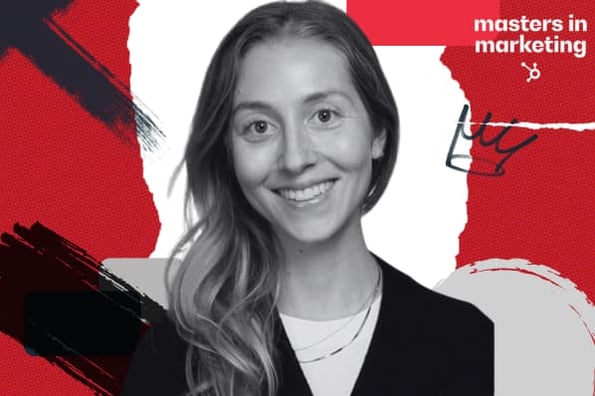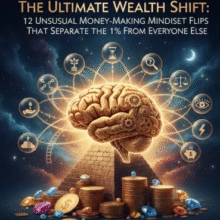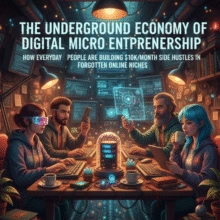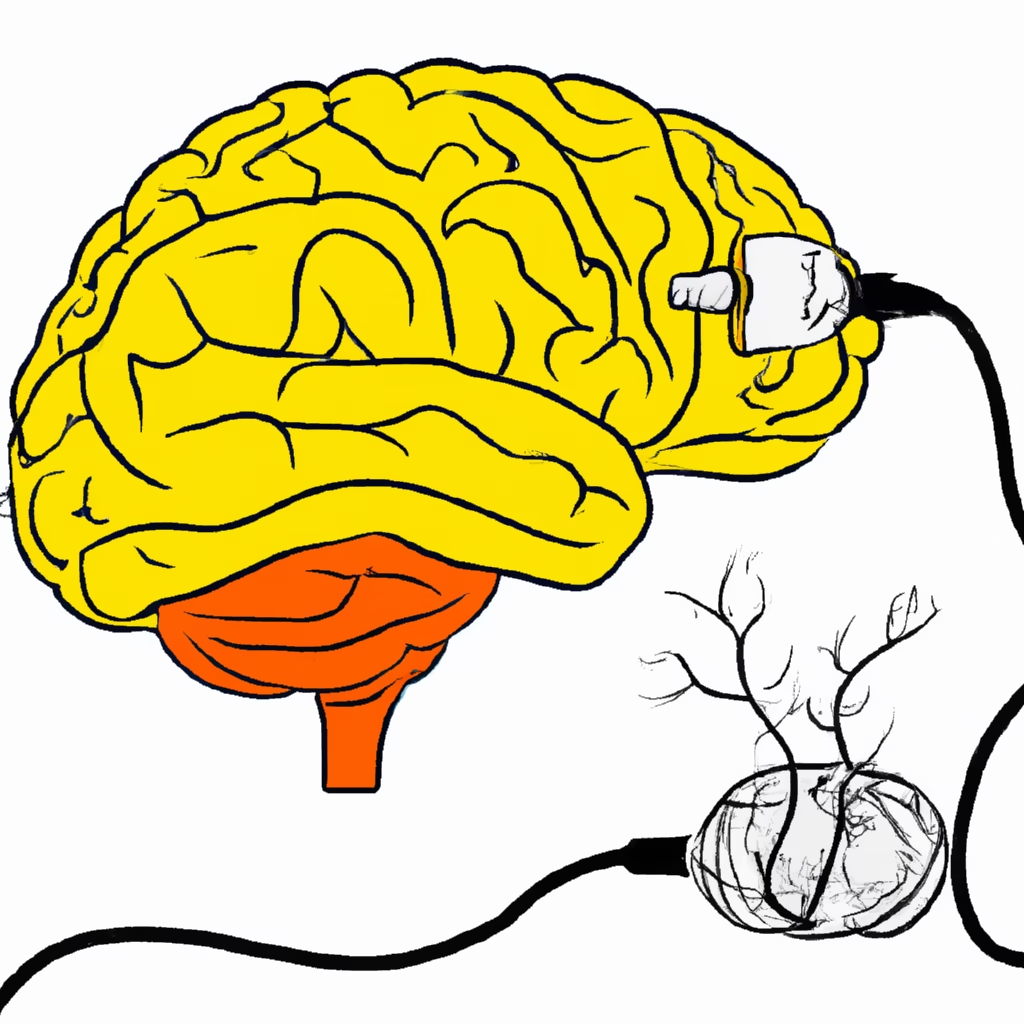ShareTweetSpread the loveWhat you’ll learn in this post: How to build a blog content marketing strategy that ranks, resonates, and converts A simple 90-day plan to create, distribute, and repurpose content at scale Exactly what to measure each week to…
5 Tips From HubSpot’s Senior Director of Global Growth
The SEO landscape has been a rollercoaster lately, and many marketers and SEO specialists are doing their best to hold on. However, HubSpot’s Senior Director of Global Growth, Aja Frost, remains optimistic about the future of SEO as new competitors enter the arena.

“In fact, I think the arrival of new competitors is one of the most exciting developments in the last two years,” she says. “For so long, we have all just been oriented toward Google and reverse-engineering the Google algorithm in many ways that have stifled innovation in content marketing and SEO.”

If you‘re unsure how to change your approach to keep up with the ride of SEO marketing, I’ve got you covered with five tips from Aja Frost on navigating the future of SEO.
AI is your tool, not your replacement.
I‘ve repeated this so many times in previous blog posts, and you might be sick of hearing it, but I promise it’s true— marketers must see AI as a tool or a marketer’s best friend and not as a replacement. And Aja agrees.
“AI tools excel in research, organizing ideas, outlining, and providing the scaffolding for a great piece of content,” she says. And she’s not just talking about written content like blog posts or emails; AI can also lay the groundwork for top-notch videos and images.
But here‘s why they can’t replace you, according to Aja.
“AI tools are not as strong as humans in the actual development of the content itself,” she says, “such as taking an idea or a concept from good to great and turning it into the full-fledged post or taking that proof of concept for a micro app.”
And that, says Aja, is where you, the human marketer, must color the lines and make content that pops. Think of it as you’re Batman, and AI is your Robin.
Marketers need to evolve beyond just information content.
Google’s algorithm has been … tricky… to say the least. However, one thing has been consistent through all its changes: its preference for unique, expert-driven content that humans can only craft.
So, when you’re creating content that you hope Google will pick up and push to users, consider going beyond typical clinical information and thinking creatively.
“Differentiate your content away from basic informational types and look for deeper, more nuanced, and complex questions that require human expertise,” Aja says.
You might think, “But does expert-driven content even matter in a world where people can just ask ChatGPT? Doesn’t that render SEO useless?” Well, no!
Aja explains, “I don’t believe 90% of queries will be on AI search engines. Searcher behavior is ingrained, and there are lots of jobs to be done and tasks that still require traditional web searches.”
Aja recalls when the SEO industry was in a tizzy over the prediction that up to 50% of queries would be handled by voice assistants like Amazon’s Alexa.
“Now, the only things I ask my Alexa for are the weather and to set a timer, so I definitely wouldn’t write traditional searches off,” she says.
Expertise and authenticity matter.
As I said earlier, expert-driven content is a must for SEO-optimized content. But what should that look like? Do you just write that you’re an expert in your blog post and hope for the best? No, according to Aja.
“Using the first person doesn’t automatically equal expertise,” she says. “It requires explaining why the author is uniquely positioned to give advice.”
For example, whenever I write about topics I have personal experience in, I bolster my expertise by:
- Sharing personal professional anecdotes
- Linking to my work or website
- Sharing scenarios that shaped me as a marketer and content creator
So, when you‘re establishing yourself as an expert in your content, find ways to highlight your expertise. Show, don’t just tell.
Diversify your portfolio.
Like many SEOs and content marketers, you may notice some steep dips in organic traffic as the SEO landscape shifts. Trust me when I say we’ve been there. Fortunately, Aja says diversifying your portfolio can address the issue.
“Look for more defensible sources of demand,” she says. “For HubSpot, it’s YouTube and micro apps, but it could be Substack for another company.”
Aja also says doubling down on working with creators could benefit your audience.
“It’s about saying, ‘If Google is really changing, then where else are we investing?’” she says.
No channel is a dead channel.
Don’t be quick to write off a supposedly “dead” channel when diversifying your strategy.
“What bugs me is when people say any channel is dead,” Aja says. “Search is not dead, and neither are podcasts nor any other channels. You can make any channel work really well if you understand your persona.”





